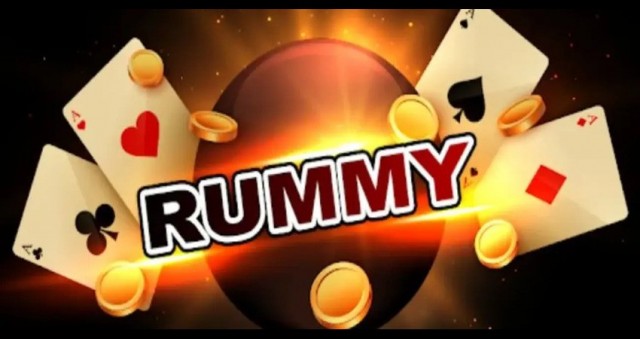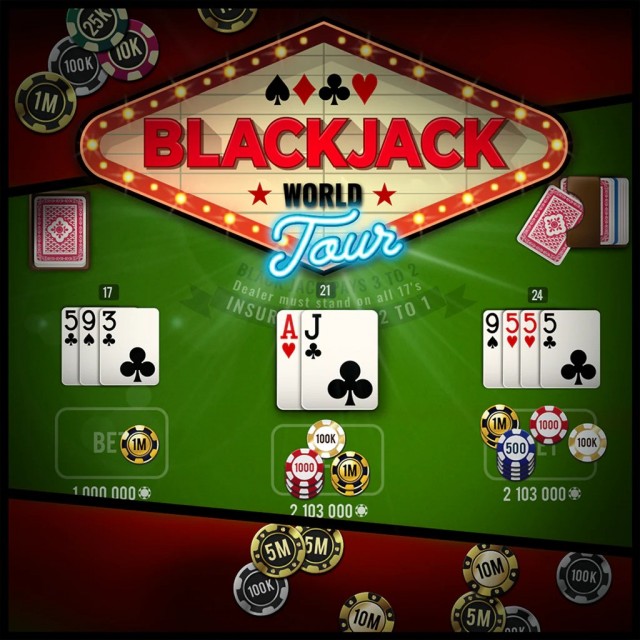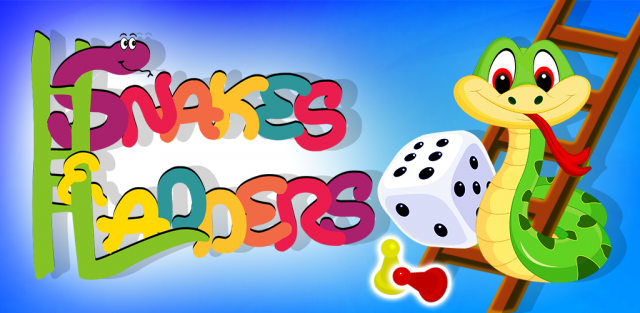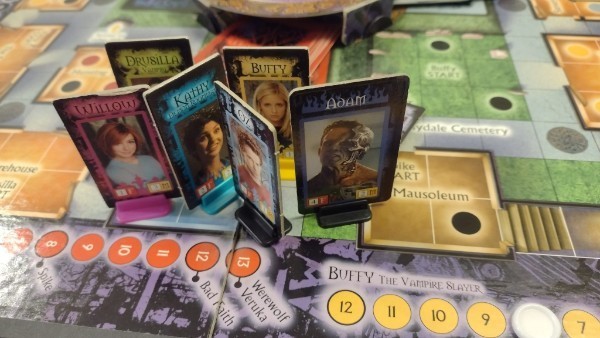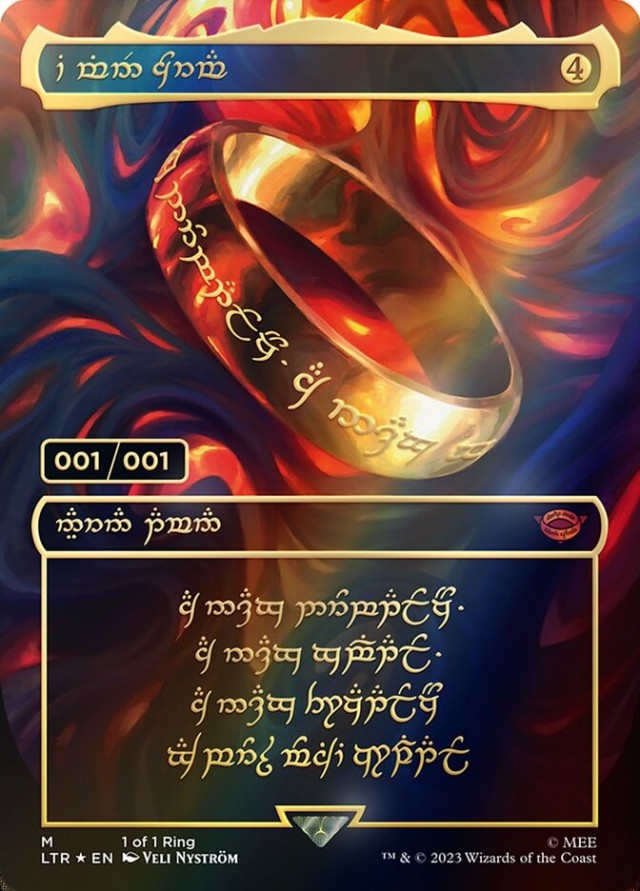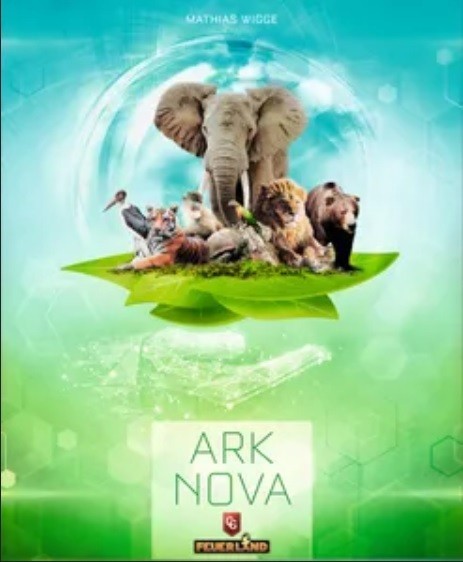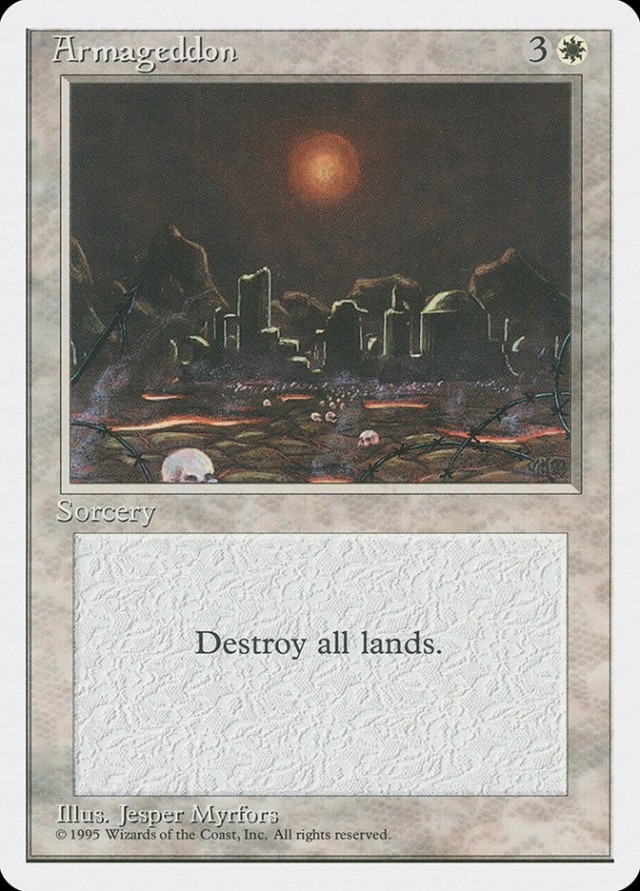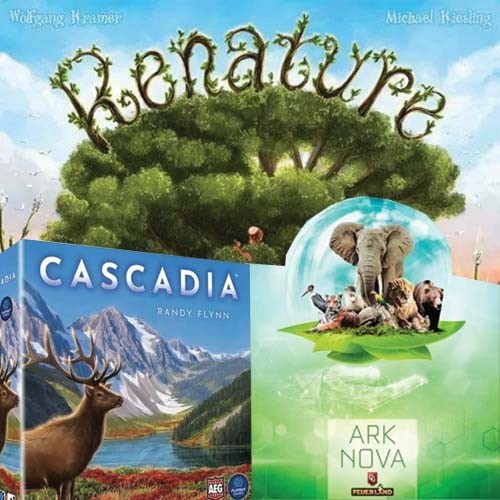Word games have attracted people since the dawn of time. This game asks, "Can a word's letters be rearranged to create a new word with a hidden meaning?" After alphabets were invented, this question led to the concept of anagram.
Pythagoras, a sixth-century BCE mathematician, employed anagrams to find hidden divinatory meanings in language. Plato was one of many who felt a name's anagram might predict a person's fate. An Alexander the Great story illustrates this best (even if it is implausible). Alexander the Tremendous had a nightmare about being accosted by a satyr while besieging Tyre, which caused him great concern. The mighty king's soothsayer interpreted the dream the next morning. The soothsayer told the mighty monarch that "satyr" is an anagram of "Tyre is thine" in Greek. Alexander confidently conquered the city the next day.
Anagram Puzzles and anagram finder
After the Renaissance, people rationalized past symbolic activities. That was when anagrams stopped being prophetic. Anagrams are still seen as word puzzles, but when this started is unknown. In the 17th century, King Louis XIII of France hired a Royal Anagrammatist to produce anagrams for his entertainment. France likely started this practice.
The French court popularized playing anagrams for amusement across Europe. They were first made into puzzles by Lewis Carroll. He used them in letters, journals, and books, even making famous people's names into anagrams: Florence Nightingale pioneered nursing. William Ewart Gladstone caused havoc. So...
Anagrams, a letter-tile word-building game, was created as anagrams became more popular. This game spawned Scrabble. By the 20th century, recreational anagrams were popular. Their multiplicity of forms makes them particularly difficult: word-to-word anagrams (evil can be rearranged to produce the words veil, vile, live, and Levi); word-to-phrase (astronomer can be rewritten as moon starer); phrase-to-word (Is pity love? can be rearranged to produce a single word "answer," Positively); and phrase-to-phrase (the letters in (the letters in the golden days, when rearranged, will yield the phrase, they gladden so).
It's intriguing that "anagrams" can be rearranged to produce "Ars Magna," Latin for "the great art." They are a sort of language art, used to generate humor (coronavirus–carnivorous, cheater–teacher, dormitory–dirty room), create a sense of mystery, as detective fiction writers have done, or reveal the villains' nasty minds. "Coronavirus–carnivorous; cheater–teacher; dormitory–dirty room."
 Games
Games How to resolve AdBlock issue?
How to resolve AdBlock issue? 